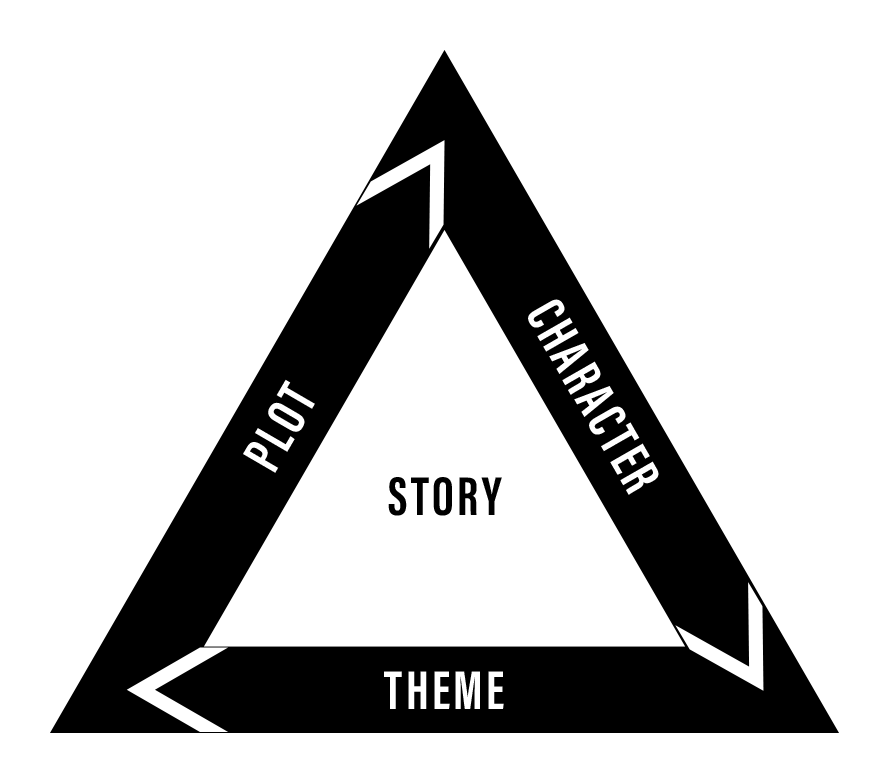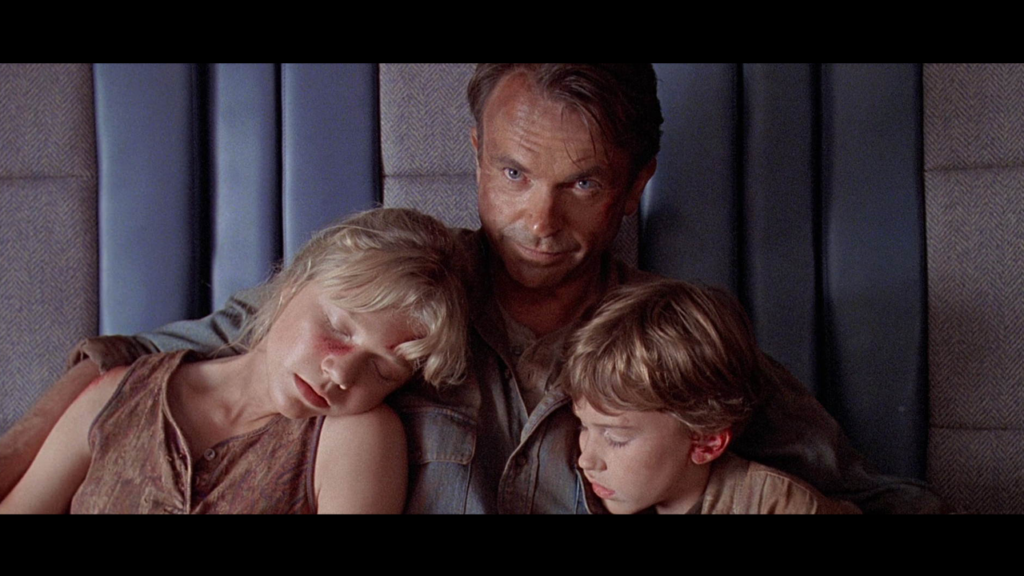What’s your story about?
I’ve been asked that question throughout my writing journey. Admittedly, I used to answer with my genre of choice, followed by a quick summation of the premise or plot. I might have given people an idea of the kind of story I was writing, but I didn’t fully answer their question. And that’s because I didn’t understand the importance of powerful themes.
The most vital yet misunderstood element of story is theme. While some have defined it as your story’s message or moral lesson, I’ve discovered that it’s much more than that. Powerful Themes are the heart, pumping life into every aspect of your story. It doesn’t just give your story meaning. It gives it purpose. And once you tap into its power, your stories will never be the same.
In this article, I’ll share five simple ways to enrich your stories with powerful themes.
Five Simple Ways To Write Stronger Themes
Powerful themes emerge when you purposefully tie them with plot and character. While all three exist as separate story components, their full potential becomes more evident when you look at them as one cohesive whole. The structure of the plot reflects the theme. That structure motivates your characters’ choices as they progress through their respective arcs. And it’s your theme’s moral argument that drives the choices that lead them to shed their old mindsets to embrace a more enlightened state.

Understanding how theme works is crucial to crafting better stories. With that in mind, here are five simple ways to be more purposeful in your approach to theme.
Make It Relevant
Your thematic argument should convey something you believe in or feel strongly about. But you don’t want to make it so personal that you alienate your audience.
Allow your story’s theme to speak to your audience in a relevant way. Use the universal aspects of your own experience to speak to theirs to avoid coming off as too preachy.
Make It Unique
Finding a theme that hasn’t been used in another story or medium is virtually impossible, but you shouldn’t let this deter you from incorporating one into your story. While it may not be completely original, you can add a little twist or offer a different point of view that can go a long way toward making your theme stand out.
Narrow down your theme and then capture it with your own words. Identify all the views that question the validity of your moral argument and then use them to prove why your unique perspective rings true. Your response to that opposition will give your theme its credibility and originality.
Make It Consistent
Story is a vast medium that allows us to explore different thematic elements simultaneously, but you must be careful not to stray too far from your central theme. Multiple thematic ideas only work when they remain consistent with the central theme.
Let’s take Jurassic Park, for example. The entire story is a cautionary tale that centers around the inevitable consequences that arise when man believes he is above the laws of morality and nature. On the surface, this would appear to be the core theme of the story. But it isn’t. To identify the core theme, let’s look at the scene where all the main characters sit down to lunch and debate over the ramifications of cloning dinosaurs.
There are so many overlapping themes in this one scene. There’s Gennaro, a lawyer who personifies the evils of corporate greed. Ian Malcolm warns of the dangers of wielding genetic power without responsibility. John Hammond speaks of the wonders of science and the light of discovery. Ellie Satler argues that nature is a force that can’t be contained or controlled. These thematic threads are consistent with the core theme at the heart of the story, which is finally revealed by the main protagonist, Dr. Alan Grant.
“The world has just changed so radically, and we’re all running to catch up. I don’t want to jump to any conclusions but look: Dinosaurs and man, two species separated by sixty-five million years of evolution, have just been suddenly thrown back into the mix together. And how can we possibly have the slightest idea what to expect?”
The core theme doesn’t center around dinosaurs or cloning. It’s actually rooted in unpredictability. It’s the idea that our choices, no matter how sincere, often result in unpredictable outcomes when tested. The theme is explored through various scenes throughout the film and is perfectly illustrated by Ian Malcolm’s theories about chaos. But it’s fully expressed in the character arc of Alan Grant as he transitions from a man with zero tolerance for children to unpredictably learning to love and care for them as he fights for their survival.

The multiple themes in Jurassic Park work because they are all consistent with the central theme of unpredictability.
Make It Organic
Incorporating theme into your story will take effort to get right. Commit to the process instead of trying to tack on a theme to an existing narrative. Trying to force your story’s message will feel contrived to your readers and leave them feeling like you’re preaching to them.
Opt for a more organic approach by searching for critical moments that will slowly build into your moral argument. Incorporate. subtext into your dialogue and use motifs and symbols in your visual descriptions. Adding these layers will give your story a lasting impression that will stay with your readers long after they’ve read it.
Make It Intentional
Don’t ascribe to the idea that your theme will naturally emerge from good writing. Be intentional in how you incorporate it into your story. Take time to analyze your narrative and then look for ways to strategically weave your theme into every scene, plot point, and character arc that drives your story.
Most importantly, don’t shy away from your story’s message. Be intentional about it while offering insight and not answers. An open-ended approach encourages your readers to draw their own conclusions and will make your story more personal to them.
Summing it up
Learning the importance of powerful themes and knowing how to use them strategically will help you tie your plot and characters together and give your story real purpose.
I hope you found these tips insightful. Theme is a vast component that adds great depth to your story, and it can take time and patience to master. Commit to the process. Learn from the stories that people still talk about. And above all, keep writing!
Until next time,

